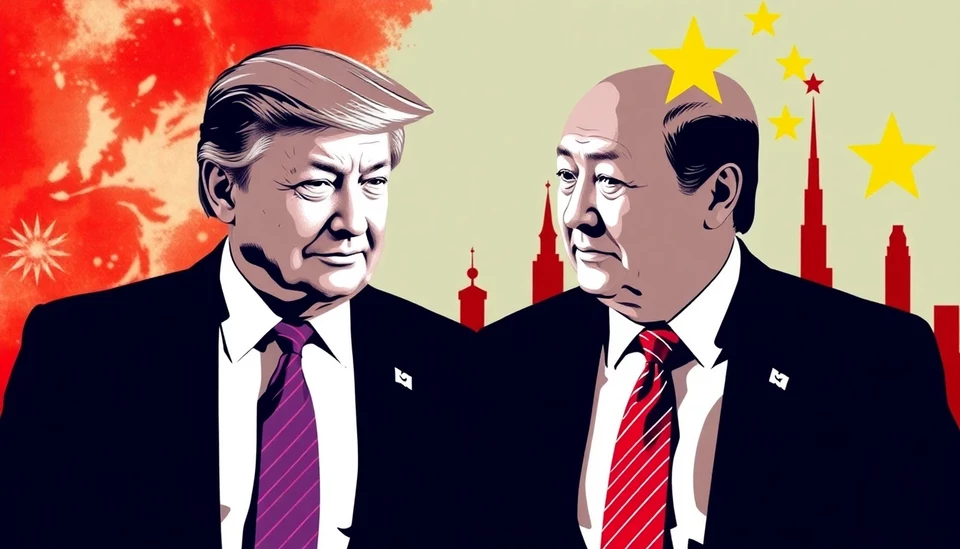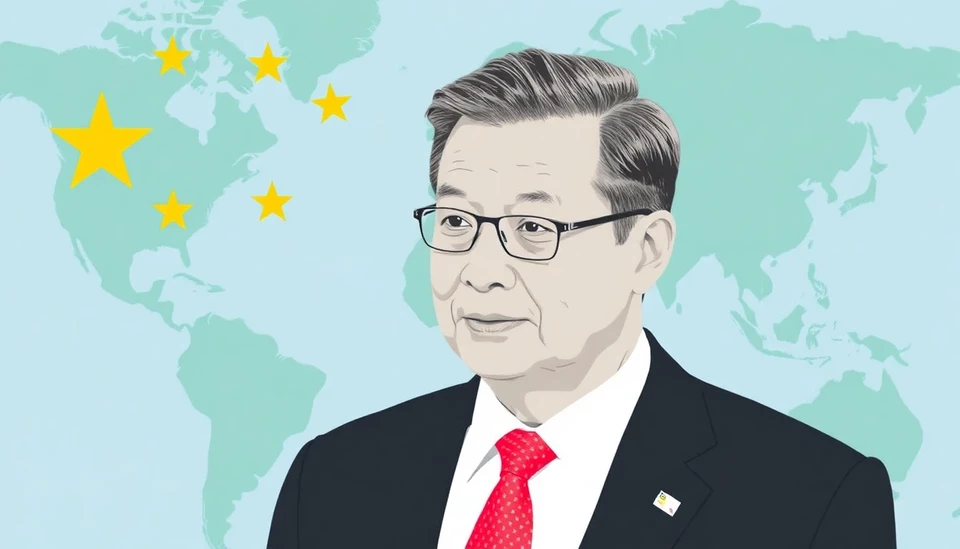
In a significant shift in maritime trade dynamics, China's sea cargo flow has begun to decelerate following the enforcement of newly enacted tariffs. This development is raising alarms among businesses and economists alike, as a slowdown in cargo traffic can have far-reaching implications for global supply chains and economic growth.
The tariffs, implemented as part of an ongoing trade dispute, have begun to reshape the logistics landscape, compelling businesses both within China and internationally to rethink their shipping strategies. Analysts suggest that this could mark the beginning of a new phase in U.S.-China trade relations, which have been fraught with tensions and uncertainty for several years.
Reports from major ports in China indicate that there has already been a noticeable decline in shipping volume. Key locations like Shanghai, which traditionally serve as hubs for international cargo shipments, are now witnessing reduced throughput as companies scramble to adapt to the increased costs associated with the new tariffs.
International reactions have been mixed. While some countries are looking to capitalize on potential shifts in trade flows, others are expressing concern over the long-term implications of these tariffs on global economic health. Increased shipping costs and extended delivery times may disrupt established supply chains, leading to heightened prices for consumers worldwide.
Industry experts are urging businesses to monitor these developments closely. Adjustments to supply logistics, including diversifying sourcing options and reconfiguring shipping routes, may become essential as companies aim to mitigate the financial impact of the tariffs. Additionally, the possibility of retaliatory measures from trading partners could further complicate the situation, resulting in an intensified trade environment across various sectors.
The economic landscape is already adjusting, with stock prices of shipping companies reacting to the anticipated decrease in cargo volumes. Investors are wary, projecting a cautious outlook as the direct effects of the tariffs unfold in the coming months.
As stakeholders await further developments, the overarching question remains: How will these tariffs reshape the future of international trade and economic collaboration, particularly between the world's two largest economies? Their decisions in the next few weeks could prove pivotal, influencing everything from corporate strategies to consumer prices across the globe.
In conclusion, the slowdown in China's sea cargo flow emphasizes the complexities of global trade in today's interconnected environment. The implications of the tariffs extend far beyond China's borders, affecting a multitude of industries worldwide. Businesses, consumers, and policymakers alike must stay vigilant as this situation develops, understanding that the outcomes could redefine long-standing trade relationships and economic parameters.
#China #SeaCargo #Tariffs #GlobalTrade #SupplyChains #Economy #ShippingIndustry #TradeRelations #Logistics
Author: Rachel Greene




